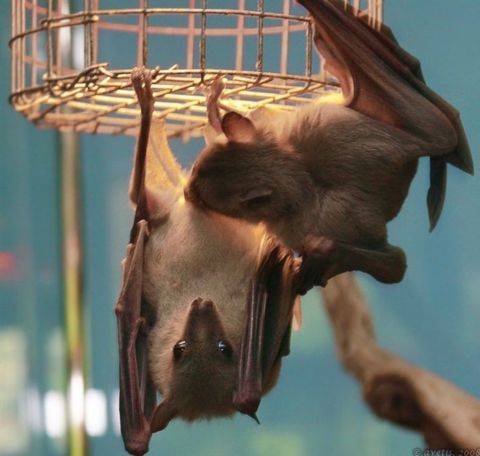From the New York Times:
Now, a Kiss Isn’t Just a Kiss By Jan Hoffman
There are activities common to most humans that we enjoy immensely, without much thought, and as frequently as opportunity and instinct provide. On occasion, researchers feel they need to know why.
Recently, experimental psychologists at Oxford University explored the function of kissing in romantic relationships.
Surprise! It’s complicated.
After conducting an online survey with 308 men and 594 women, mostly from North America and Europe, who ranged in age from 18 to 63, the researchers have concluded that kissing may help people assess potential mates and then maintain those relationships.
“The repurposing of the behavior is very efficient,” said Rafael Wlodarski, a doctoral candidate and lead author of the study, published in Archives of Sexual Behavior.
But another hypothesis about kissing — that its function is to elevate sexual arousal and ready a couple for coitus — didn’t hold up. While that might be an outcome, researchers did not find sexual arousal to be the primary driver for kissing.
Participants in the survey were asked about their attitudes toward kissing in different phases of romantic relationships. They were then asked about their sexual history: for example, whether they had been more inclined toward casual encounters or long-term, committed relationships. They also had to define their “mate value” by assessing their own attractiveness. Later, during data analysis, the researchers looked at how individual differences affected a person’s thoughts on kissing.
[…]
The participants generally rated kissing in casual relationships as most important before sex, less important during sex, even less important after sex and least important “at other times.” (To clarify: researchers defined kissing as “on the lips or open-mouth (French).”)
Past research has shown that three types of people tend to be choosier in selecting mates who are genetically fit and compatible: women, those who rate themselves highly attractive, and those favoring casual sex. In this study, these people said that kissing was important mostly at the start of a relationship.
[…]
But other people might use different criteria to size up their mates: men, those who rate themselves as less sexually attractive, and people looking for commitment. In the grand search for a partner, these individuals screen for people who seem to have the inclination and resources for the long haul. And for them, this study showed, kissing has a lower priority at the beginning of dating.
[…]
Among the study’s participants who said they were in exclusive relationships, frequency of kissing, rather than of sexual intercourse, was best correlated with relationship happiness.
Read the rest here.















